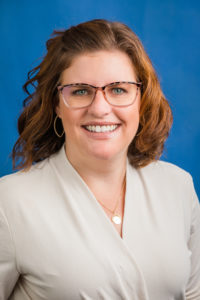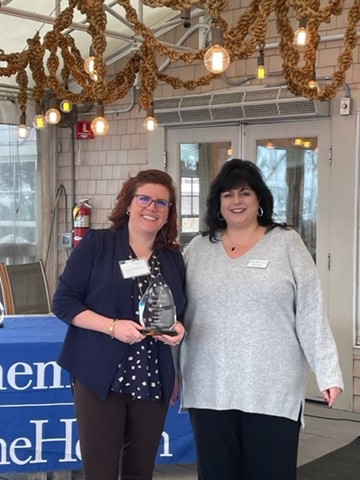

Dan Bookham
By Dan Bookham
For WorkBoat Magazine
Recently I read of a mooring bollard failure at a Mississippi shipyard which precipitated a collision between a drillship and a cargo vessel and resulting in almost $5 million in damage to both ships and the yard. The bollard broke away from the dock due to strong winds pushing on the tied-up vessel, which then drifted into channel, hitting the freighter. Thankfully there were no injuries or pollution issues, but the incident still resulted in a hefty hit to multiple insurance policies and huge headaches for the owners and management of the shipyard and the vessels involved.
The National Transportation Safety Board determined that there were several elements that caused the bollard to snap at its base. Among those elements cited in the report were age, corrosion, and modifications intended to allow for more lines. Additionally, there were and are broader factors that could well have contributed, including the increasing size of commercial vessels and the absence of a regulatory bollard inspection regime. Each of these on its own would not necessarily send alarm bells ringing but taken collectively caused a significant mishap.
This story tells us at least three important things relating to insurance and risk management: The importance of holistic thinking about risk; the importance of preventative maintenance; and the importance of drawing on the resources your insurance company offers for risk control.
Holistic risk management means trying to account for all the variables as part of a cohesive risk review rather than running through a checklist without pausing to consider how each element plays of each other. An older bollard, for example, isn’t a risk in and of itself, but level of corrosion it might be exposed to (and which might not be externally visible) and the bulk of the vessels using the dock might change the equation.
A preventive maintenance schedule helps you organize and prioritize your maintenance tasks so you can create the best possible working conditions and life span for your equipment and infrastructure. By conducting regular preventive maintenance drawing on holistic risk management, you can ensure your equipment continues to operate efficiently and safely. We all know we should be doing preventative maintenance, but sometimes other pressures intervene. It is one of the jobs of an effective manager to resist those pressures and to stick to preventative maintenance plans − the pay off in the long run is usually more than that generated by the shortcut in terms of dollar savings, reduced unplanned downtime sand a safer work environment.
Finally, making use of insurer risk control services is one of the best ways to ensure you are getting value for money out of your insurance premium. Calling in subject matter experts for help identifying and preventing or reducing loss evolving from accident, injury, illness and property damage is just smart business, and sometimes just saying “the insurance company requires it” can be the metaphorical WD-40 that unclogs the gears needed to run more safely.
None of us has a crystal ball that allows us to predict where a system or equipment failure will occur, but by applying the principles above we all can take responsibility and control over accident prevention both onboard and onshore.








